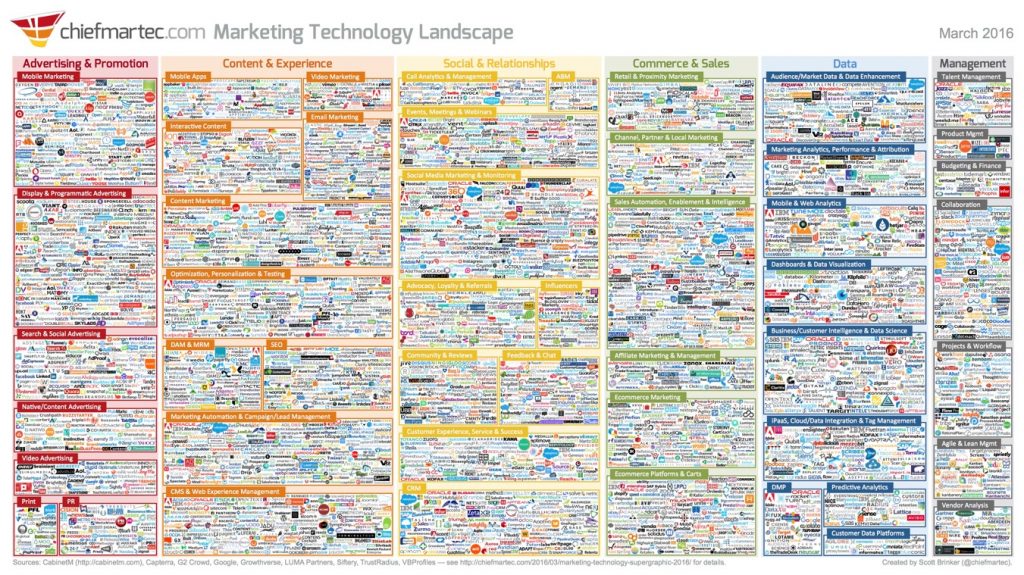
What’s a Legacy Marketing Audit™? (And Why We Coined the Phrase)
President
Burns360
Normally when I write blogs, I avoid starting by quoting formal definitions. Why? They’re uncreative. A cop out, if you will. But today, I will break my own rule because the term “legacy system” deserves it, and from a marketing perspective, its core meaning matters.
Wikipedia says: “In computing, a legacy system is an old method, technology, computer system, or application program, “of, relating to, or being a previous or outdated computer system.”
Whoa. You (and virtually any C-level decision maker for a B2B company) would probably define it more like this.
“A legacy computing system is something we’ve spent hundreds of thousands of dollars on already and have no desire to spend hundreds of thousands more replacing it until it makes sense from a cost, operational and ROI perspective.”
As you can see, legacy technology is a term that isn’t exactly popular in CFO circles. Marketing strategies that embrace technology, however, simply can’t be avoided any longer. And if used correctly, should generate additional revenue, not costs.
Let’s Talk Tech.
Technology is increasingly dominating the marketing function. So much, in fact, that many analysts claim the CMO will require a higher tech budget than the CIO.
In a recent article in Forbes, for example, Blake Morgan wrote a commentary called “The CMO Needs to Think Like the CTO.” She writes: “…as technology becomes a growing part of marketing and the customer experience, it is becoming vitally important for a CMO to be educated on all aspects of technology and not rely on the CTO to make decisions.”
To illustrate this a little further, take a look at the graphic below that shows the marketing tech landscape a year ago.
Which one of the above would you choose? And even after you’ve selected one, what’s the next application that’s best suited to align with your previous choice? What about new generations that come along?
And it doesn’t stop there.
Marketing technology is just a tool, no matter how powerful it is. You also need to consider things like your current marketing organizational structure, the tactics you use, where digital fits into your strategy, how your marketing and sales teams work together, how much you are really spending on marketing—and what business outcomes you want to achieve.
That’s a lot. A Legacy Marketing Audit™ can make your life a little easier.
Without knowing where your starting point is, you can’t plan a cost-effective migration path. That’s why at Burns360, we have created an alternative to the marketing and communications audits dozens of companies have pitched you in the past. We call it a Legacy Marketing Audit because it takes into account your historic marketing structure and approach, as well as your current and future marketing technology resources.
No marketing department is ever 100% perfect. But if you want to stay ahead of the competition, you’ve got to know where you stand and what you need to do to get you where you want to go.
Legacy Marketing Audit (LMA) is a pending registered service mark of Burns360. If you would like to know more information about what an LMA entails, please get in touch.



